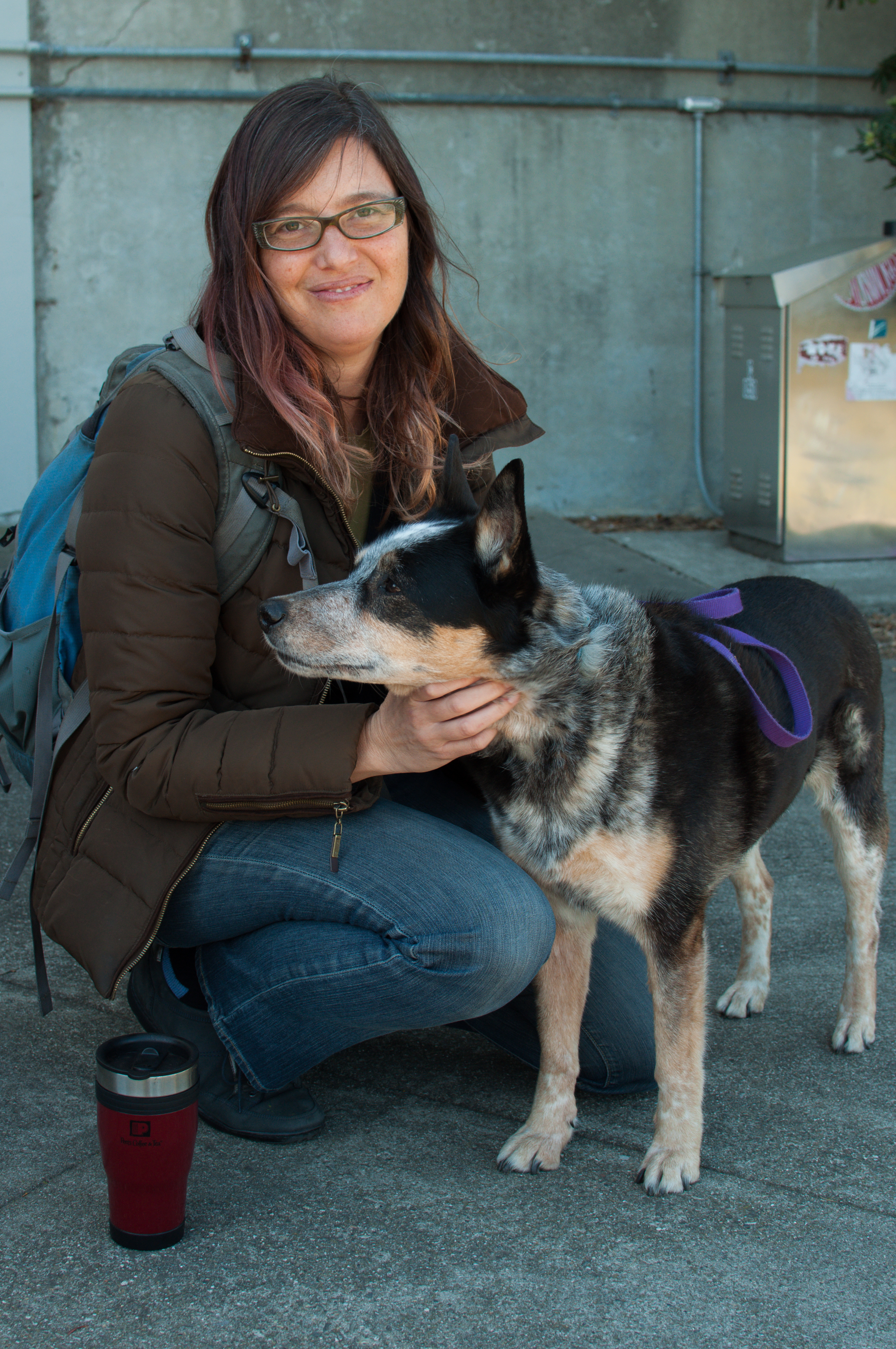College lacks clear policies on emotional support animals
By Rachael Nguyen
rachaelnguyenxx@gmail.com
City College’s lack of clear guidelines for emotional support animals has recently created confusion among faculty and staff.
“An instructor had a question about emotional support animals that sparked an ongoing conversation,” said Anne Cassia, an English instructor at City College, who is often accompanied by her emotional support dog Lanie.
Service animals have a well-known, strict definition under the Americans with Disabilities Act. Because emotional support animals are not considered service animals by ADA, they are not protected by the same federal laws and can vary state to state.
“Emotional support animals are more of a gray zone, whereas service animals have a specific purpose, and those have been very protected,” Cassia said. “Some instructors are not happy about it, and it does seem like the type of animal makes a difference.”
The Disabled Student Programs and Services (DSPS) student handbook defines a service animal as “any dog that is individually trained to do work or perform tasks for the benefit of an individual with a disability,” and describes the process through which they can be registered with DSPS for use on campus.
The handbook does not define a policy for emotional support animals, but does list them as an accommodation that can be approved by DSPS as a Classroom and Testing Accommodation.
“I don’t actually know what the official policies for that would be,” Cassia said. “I don’t always bring her. I let my students know in advance that I have a dog and I ask students to let me know if they have any allergies or are afraid of dogs.”
Cassia is not the only instructor on campus that brings her support animal with her to class. Math instructor Cindy Moody has a 3-year-old husky, Ruby, that accompanies her.
“I teach a block class, so we normally take a break in the middle and I’ll just leave Ruby in the class,” Moody said. “By the time I get back there will be four people on the floor with Ruby getting a belly rub.”
Moody says her support dog has also helped relieve some of her students’ math anxieties.
“A student talked to me after class to let me know Ruby has helped with her anxiety in class, and I didn’t even know she was having that problem,” Moody said.
According to an overview of service and support animals issued by the Mayor’s Office on Disability, support animals are welcome in any building, program or agency in San Francisco.
When asked to clarify the protocol for students bringing support animals to class, Muriel Parenteau, the DSPS department chair, declined to be interviewed but provided a statement via email.
“If the definition of a service animal is not met, then the use of the animal may be allowed as a reasonable accommodation through established DSPS procedures. Students requesting the use of an assist animal/emotional support animal as a disability related reasonable accommodation are required to meet with a DSPS counselor each semester,” she wrote.


The campus should support students, faculty and staff related to companion animals. People suffering from both mental health issues as well as physical issues rely on companion animals of all kinds to make it through their day. If we truly care about the well-being of our students, we should consider making clear guidelines surrounding these animals and prevent confusion in the future. Faculty and staff deserve the same support. I’m a classified employee and I SUPPORT the faculty, staff and students that get up and are able to come to class or work and perform because of their companion animal.
Michael Snider, MEA, MA, CPT1,ROT-ED
Student Health Services – CCSF
Thank you for your response!
Pingback: College lacks clear policies on emotional support animals - Shareabler